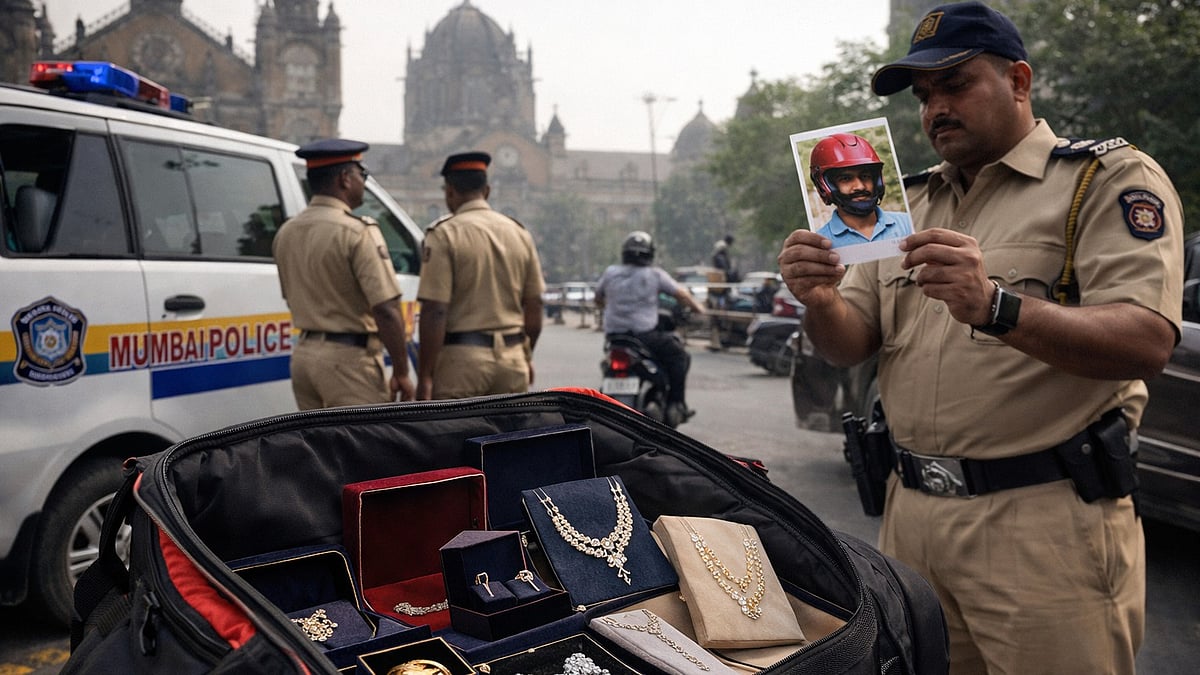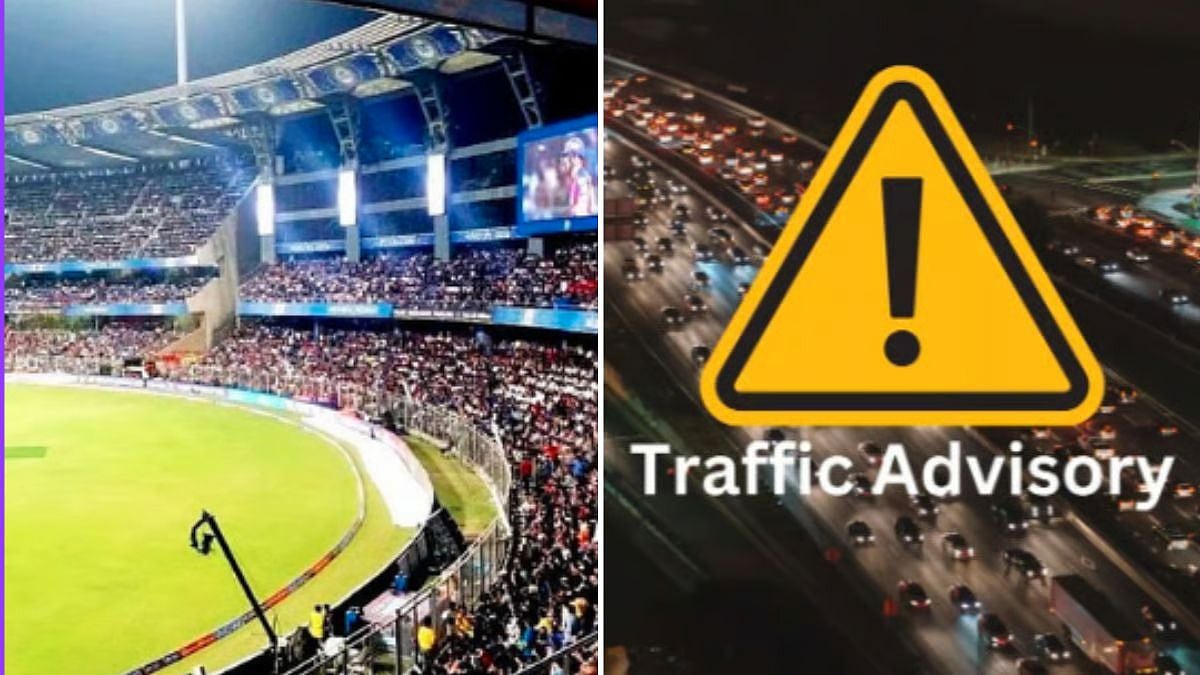Maratha quota activist, Manoj Jarange Patil, is moving towards Mumbai with thousands of supporters to try to force the state government to grant reservation to Marathas under the OBC grouping in jobs and education. While on his way to India’s financial capital on Thursday, he appealed to Maharashtra Chief Minister Eknath Shinde and his deputies to come together and resolve the long-pending issue.
"We have not come here for fun. On behalf of the Maratha community, I appeal to CM Ekanth Shinde and deputy CMs Devendra Fadnavis and Ajit Pawar to come together for discussion and find a solution to the issue," he said during an interaction with media.
Jarange claimed on Wednesday that 54 lakh records have been found in Maharashtra so far identifying members of the Maratha community as Kunbi (OBC sub-caste) and demanded immediate issuance of caste certificates. Kunbis enjoy reservation in government jobs and admissions to educational institutes under the OBC category.
What is keeping the state government on tenterhooks is Jarange’s announcement that if his demand is not met then he would launch an indefinite hunger strike in Mumbai from January 26. So while thousands of people are on their way to Mumbai, making the government nervous, let's understand what the Martha quota issue is and what are the hurdles that the government is facing to grant their long-standing demand.
Overview: Understanding Marathas and the quota issue
Marathas, constituting 33% of Maharashtra's population, possess diverse backgrounds, ranging from landowners to peasants. Despite their considerable political influence, the predominantly agrarian Marathas, grappling with small land holdings, encounter challenges prompting the fervent demand for reservations.
Evolution of Maratha reservation demand
Since the 1982 protest led by Annasaheb Patil, the demand for Maratha reservations has undergone a transformative journey from economic criteria to caste-based reservations. The pivotal Mandal Commission report in 1990 played a crucial role, leading to the inclusion of Marathas in Other Backward Classes (OBC) lists. The momentum escalated in 2016, culminating in the 2018 bill granting a substantial 16% reservation, a move that encountered subsequent legal challenges.
Legal hurdles
Facing legal scrutiny, the 2018 Maratha quota law was challenged in both the Bombay High Court and the Supreme Court. In a landmark ruling in May 2021, the Supreme Court declared the law unconstitutional, citing its violation of the 50% reservation ceiling. Anchored in the 1992 Indra Sawhney verdict, the decision capped reservations at 50%, challenging the exceeding 64-65% total reservations in Maharashtra.
Current status
With the Maratha quota breaching the 50% limit, the Supreme Court's verdict in October injected a sense of legal uncertainty. The Maharashtra government's curative plea now rests in the hands of the court, casting a shadow over the fate of Maratha reservations and leaving the issue in a state of limbo awaiting a decisive legal resolution.





